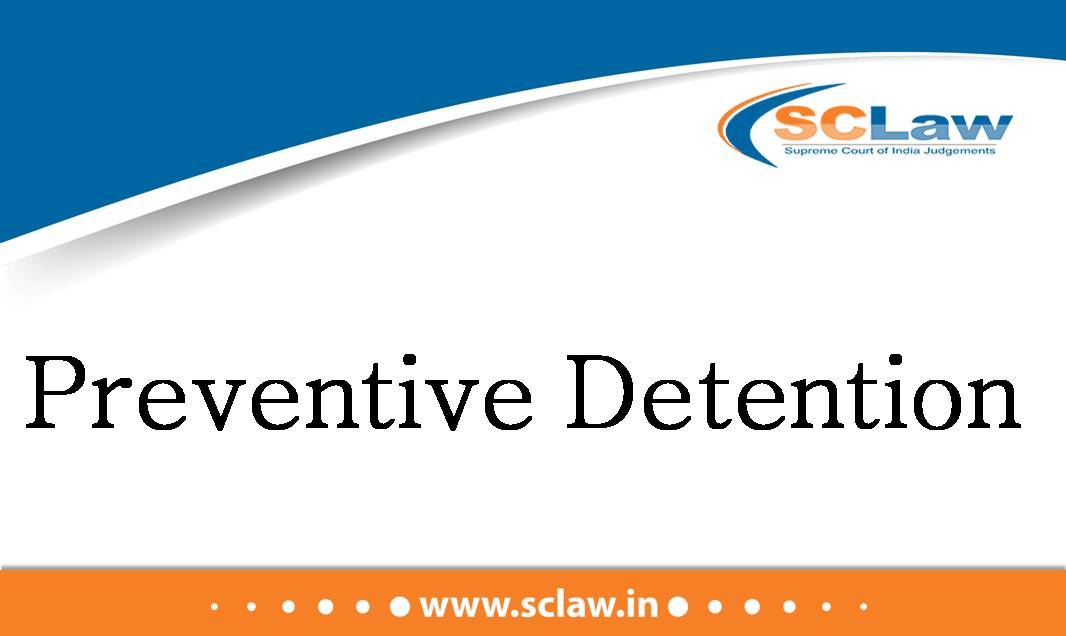Land Acquisition : No Lapse Of Proceedings Under Old Act If Compensation Is Deposited In Treasury ; SC 5-Judge Bench Upholds Indore Development Authority Decision
Land Acquisition : No Lapse Of Proceedings Under Old Act If Compensation Is Deposited In Treasury ; SC 5-Judge Bench Upholds Indore Development Authority Decision [Read Judgment] LIVELAW NEWS NETWORK…







